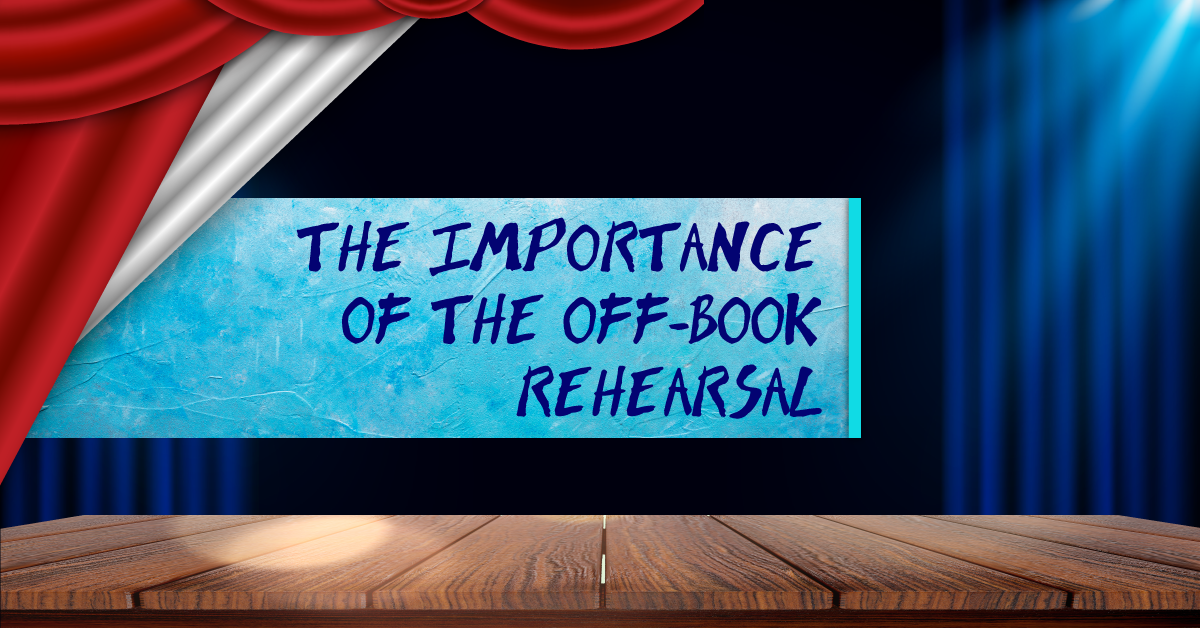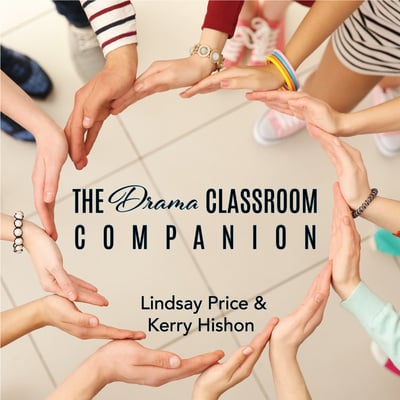How to Deal With Rehearsal Burnout
Rehearsing for your school production is hard work. There is an abundance of decisions to be made, students to manage, and schedules to maintain. It can be overwhelming to even the most organized teachers. It can lead to burnout with feelings of frustration, resentment, and exhaustion. If it’s not dealt with in a timely manner, it can even make you sick. Students get burnt out too, which will manifest as a lack of energy or reduced focus in rehearsals, and a general feeling of dissatisfaction. If you or your students (or both) are dealing with rehearsal burnout, try the following four tips to help ease these feelings:
1. Mix it up.
You’ve been hard at work blocking, running and reviewing, but things are getting stagnant. Your students look like they’d rather be anywhere but in the rehearsal space. If rehearsals are dragging or blending together, try doing something different for one rehearsal. Try rehearsing “backwards”or go back to basics and work on volume, diction, enunciation, and posture. You could have your students do different character analysis work, such as figuring out what their character wants or thinking of their characters as animals. You won’t do this at every rehearsal, but running a rehearsal or two a little differently than usual can help break up the monotony. You can get back to your usual methods later.
2. Switch leaders.
If possible, get someone else to lead a rehearsal for you. Your students will benefit from the new perspective, and you will get a break. If you are directing a musical, have your choreographer or musical director lead rehearsal. Perhaps you can have a vocal or dance bootcamp day on which students review and polish songs and dances.
Getting rehearsal coverage can be a bit more difficult if you are directing a play by yourself, but there are still some possibilities. If you have a student director, let them lead rehearsal (you still will need to be in the room for supervision if the student director is underage, but let the student director be in charge). Perhaps you could get a drama teacher friend or theatrical colleague to come in and act as a play polisher. Or perhaps a local theatrical professional could come in and teach a masterclass to your students. On that note…
3. Create a connection.
If your play has a theme, perhaps you can arrange for an expert in that area to come in and speak to your students about it, or lead a related workshop. For example, a colleague of mine who directed Sunday in the Park with George had a professional artist come in and teach the students about pointillism, the technique used by the artist Georges Seurat. The students also got to create a small painting using that technique. For a production of Chariots of Fire at the Grand Theatre in London, Ontario, the actors received training from professional running coaches at Western University. How can you create a similar connection for your show?
4. Take a break.
This may sound crazy, but if you are burnt out, sometimes the best thing you can do is take a true break and cancel a rehearsal. It can be beneficial to everyone involved in the show to take some time away, reset themselves, and come back refreshed. This is one reason why it’s a good idea to include a few TBA/TBD rehearsals in your schedule. Most of the time you’ll use those rehearsals to work on something that needs extra time or review, but if what everyone needs is a break, then cancelling a rehearsal is not wasted time.
Related Articles
The Drama Classroom Companion
by Lindsay Price & Kerry Hishon
The Drama Classroom Companion is filled with articles and exercises to build the skills needed for theatrical performance as well as real world skills like creative thinking, critical thinking, collaboration, and communication.
The Rehearsal Companion
by Kerry Hishon
You’ve chosen the play, paid the royalties, done the script analysis, held your auditions, and cast the show. Tomorrow is the first rehearsal. Are you ready? Really ready? The Rehearsal Companion can help!





